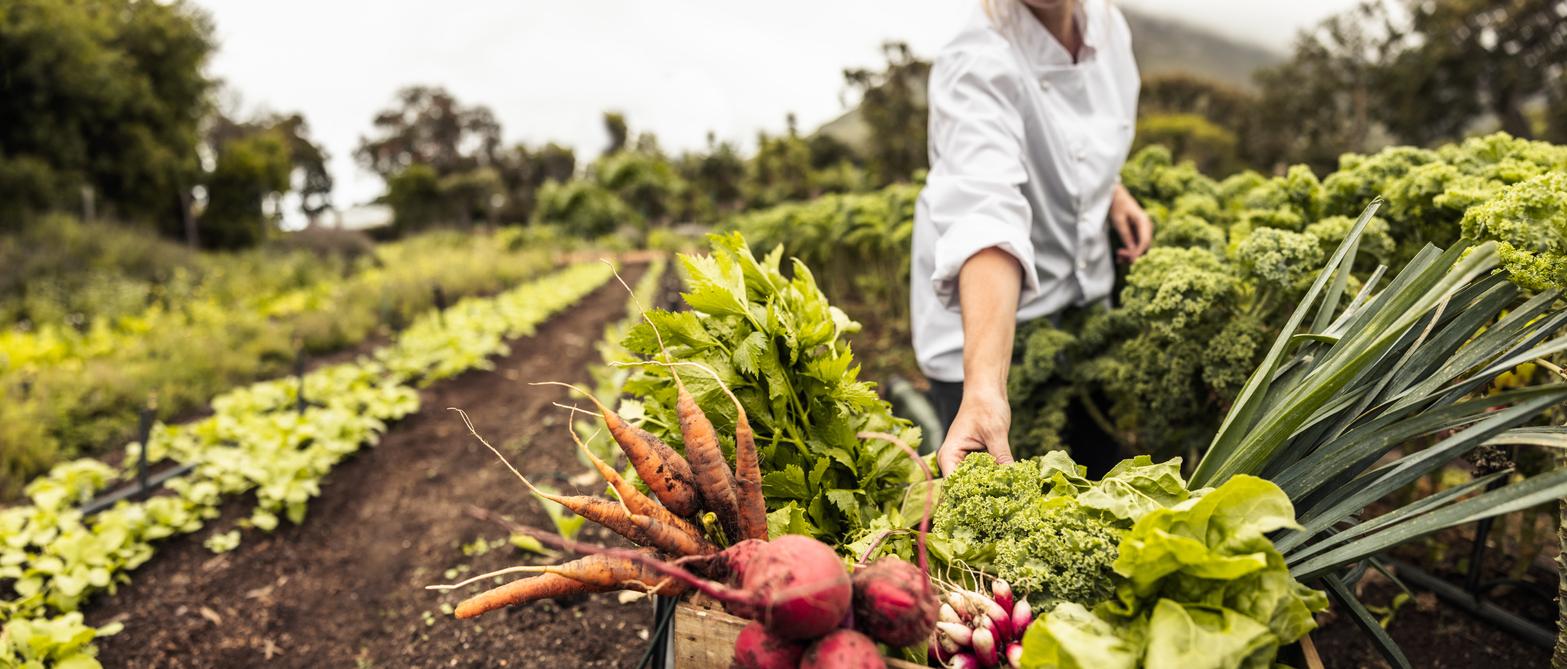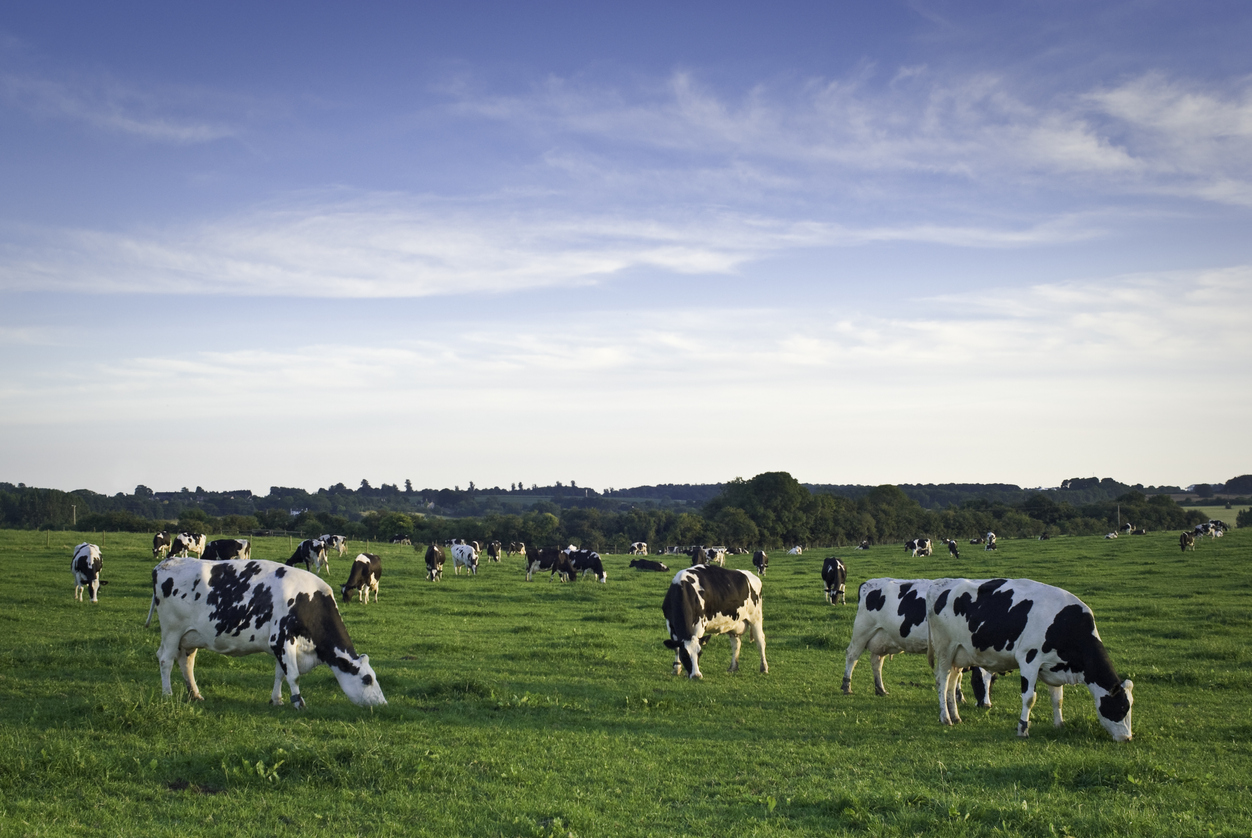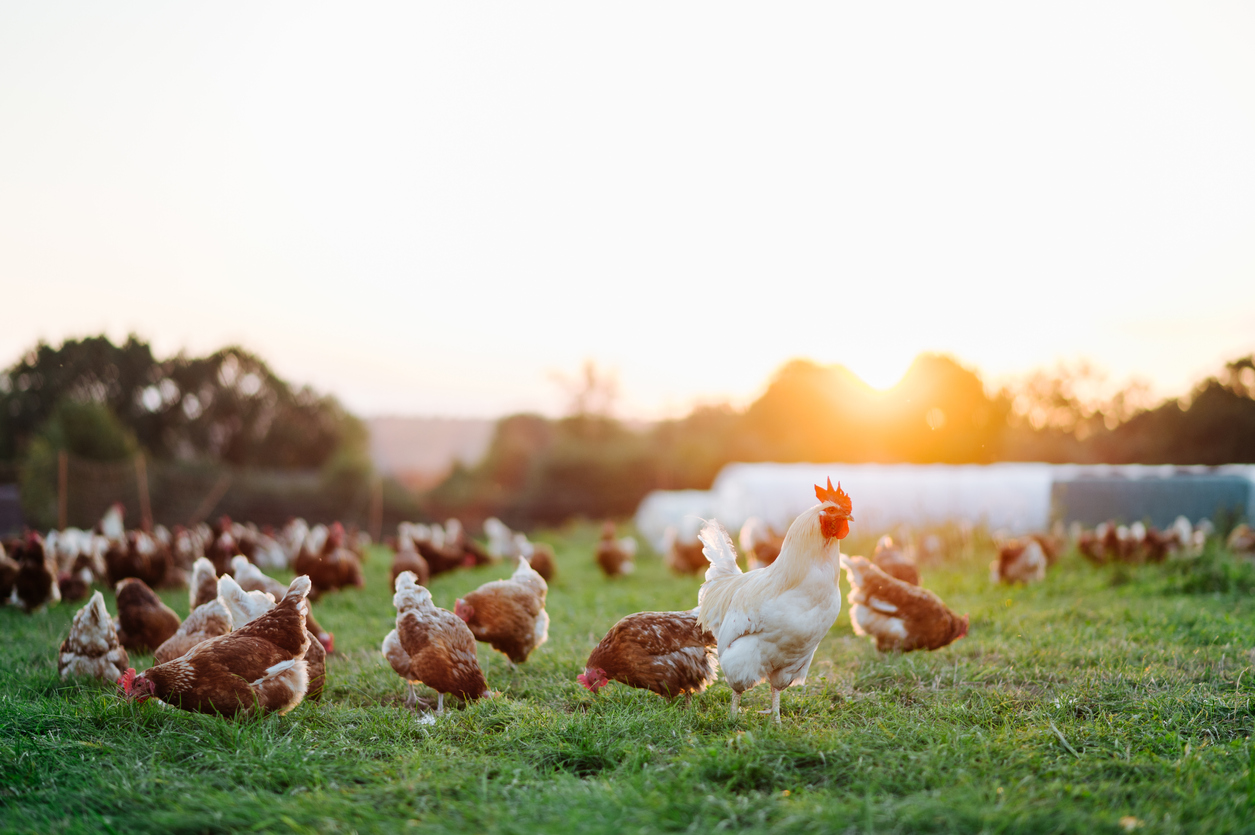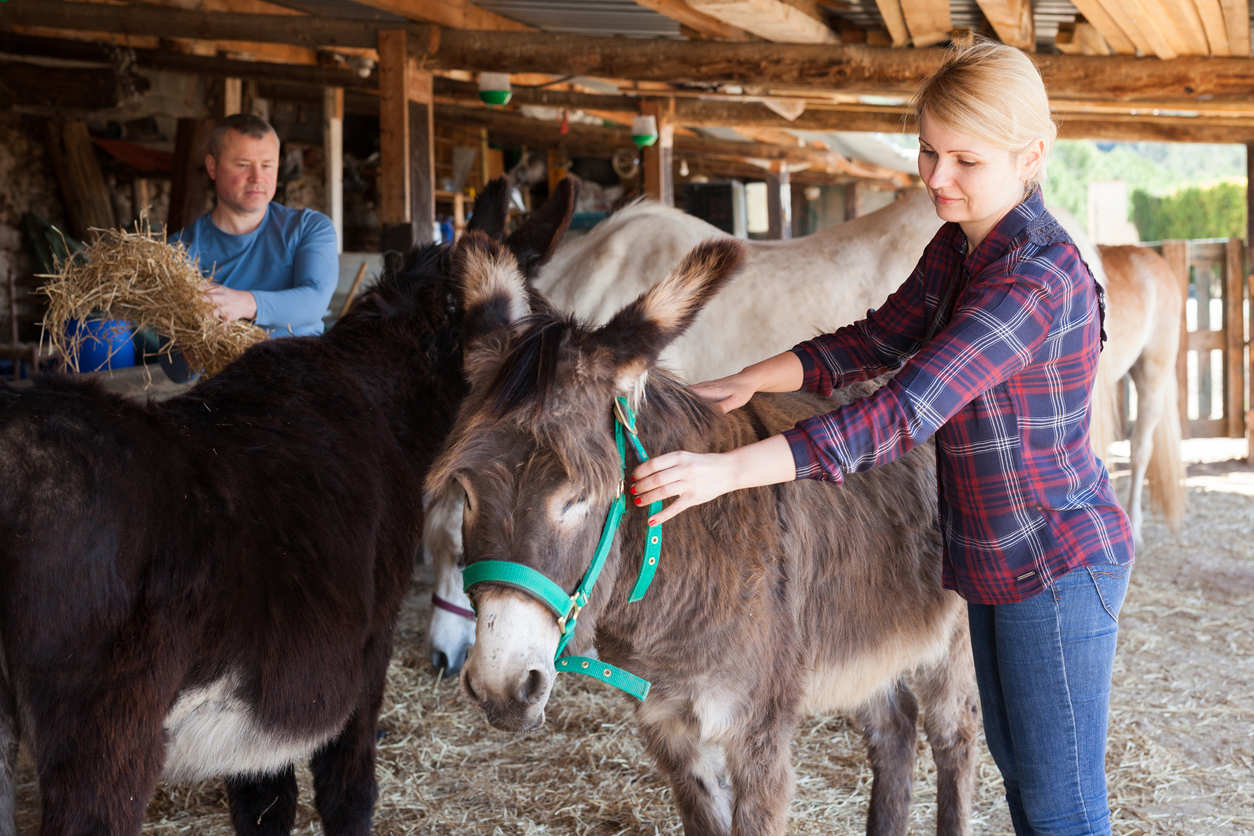If you’re looking to start a Farm & Agriculture business, the first step is to have a well-crafted business plan. Business planning is essential for anyone who wants to set up a successful farm business. It’s especially important if you are an aspiring start up as it can help secure funding and gain traction with potential customers. It can also provide an invaluable roadmap to ensure that you succeed.
Having a business plan is important not just for startups but also for existing farmers. A plan helps you focus on business goals, anticipate and prepare for potential issues, and identify growth opportunities. It also gives you an established framework to evaluate business decisions, plan resources, and track progress.
Agriculture businesses have unique needs and challenges, so use specific resources whenever possible. Consider consulting with industry experts to ensure that your business plan takes into account all the nuances of farming operations.
Creating a business plan requires time and effort, but it will be well worth it in the end. With a polished business plan, you can ensure that you’re well-positioned for success.
How to set up a Farm Business Plan Template
Creating a farm business plan template is an essential step in getting your farm business up and running. A farm business plan helps you define the purpose of your farm, formulate clear goals, outline how you will achieve them and establish financials for your farm business. It can also be used to apply for grants or loans from government programs.
Creating a farm business plan is not as hard as it may seem. Here are some steps to follow for effective farm business planning:
Research and Understand the Farm Business you Want to Start

Before creating your farm business plan, it’s important to thoroughly research the farm industry and market conditions. This will help you determine how competitive your farm business will be in the current market and what type of farm business is the best fit for you.
Analyze your Farm’s Strengths and Weaknesses

As part of your business plan, it’s important to review your farm’s strengths and weaknesses so that you can identify where you need to focus your efforts. This can include analyzing farm products and services, farming operations, and management.
Create a Farm Business Plan

Based on the research you’ve done in 1st and 2nd step, construct a plan that outlines the goals of your business, its operations, pricing structure, target customers, marketing strategy, and financial projections.
Develop a Financial Plan

Creating a farm business financial plan is an essential part of your farm’s business plan and will help you understand the costs associated with running a farm, as well as how much funding you’ll need to invest to get the business off the ground.
Review and Revise Business Plan

Once you have created your business plan, it’s important to review and revise it regularly. This will help ensure that the is up-to-date and reflects any changes in the farming industry or market conditions.
Following these steps can help you build an effective business plan and provide a roadmap to success. With the right approach, you can create a profitable business that will help you achieve your goals.
Things to Avoid when Setting up your Business Plan

Successful farms stand the test of time if you plan and look out for potential pitfalls. These are just a few things to avoid when it comes to farm and agriculture business planning.
Plan your Budget
The most common mistake is neglecting the budgeting process. It’s important to plan for both expected and unexpected costs that come with running a farm or agricultural business.
Without proper budgeting, you risk running out of money before the end of the year. Additionally, make sure to consider things like insurance costs, employee wages, and other expenses that could arise during the planning process.
Farming is Labor Intensive
Another common mistake is underestimating the amount of labor required. These businesses require a great deal of manual labor to run smoothly, so it’s important to plan accordingly and have enough workers on-hand to handle the workload. Understaffing will lead to decreased efficiency and productivity, which can take a toll on your production.
Integrate Modernization
Finally, it’s important to avoid complacency when it comes to technology. Many farm and agricultural businesses are still relying on outdated equipment and systems, but if you don’t integrate modern technologies into your operations, you could find yourself falling behind the competition.
Successful Farm Businesses

Looking to start a farming business? It may seem intimidating, but with the right approach, it can be done! Here are a few types of successful farm businesses that you should consider:
Crop Farms

A crop farm grows crops such as vegetables, fruits, and nuts for sale in markets. To set up a successful sustainable crop farm, you should make sure to have an effective strategy for growing the crops and access to resources that can help in marketing and sales. If you’re looking to learn more about sustainable crop farming check out this link.
Dairy Farms

This type of farm involves raising cows for milk production and sale. An important factor for achieving success with this kind of farm is having a good strategy for milking the cows and a good market for selling the milk.
Livestock Farms

This farm breeds animals such as sheep, goats, pigs, and horses for sale or to provide products such as wool or meat. To ensure success in this type of farming, you should have a well-defined plan for raising and selling the animals.
Greenhouse Farms

Greenhouse farming grows vegetables in a controlled environment. To be successful, you should have the right resources such as fertilizers, water management systems, and pest control methods.
By understanding sample business plans of successful farm businesses and having the right strategies in place, you can set up a successful farm. All it takes is an understanding of the types of farms and agriculture, their strategies, and resources that will help you succeed. Good luck!
What is the best Farm Business for me?

Living the farmer’s life can be an incredibly fulfilling experience, but it’s important to choose the best one for you. Here are a few tips that can help you select the best farm and agriculture business:
Research Your Options

It’s essential to do plenty of research before settling on a specific farm and agriculture business. Look into the best practices, as well as what’s currently popular in your area.
Find the Right Location

Location is everything when it comes to selecting a farm and agriculture business. Make sure before you purchase a plot of land that you consider factors such as climate, soil quality, water availability, access to markets, and more.
Take Into Account Your Interests

When selecting a farm and agriculture business, you should also take into consideration your skills, interests, and passions. Are you interested in raising livestock or growing crops? Make sure to pick a business that best utilizes your strengths and interests.
Consider the Key Costs

Starting a farm and agriculture business can come at a cost. Be sure to factor in the necessary start-up costs, such as supplies, labor, land purchase or rental fees, taxes, and more.
Selecting the best farm and agriculture business may seem like a daunting task, but with careful research and consideration of your goals and resources, you can select the best option for you and your venture.
Conclusion

The success of any business plan can be difficult to measure. There are a variety of factors that make it hard to determine the effectiveness, from environmental conditions to market price fluctuation. Any farm business needs to remain proactive in its approach to planning by regularly reviewing its approach and making necessary changes.
Any business planning should also include strategies to ensure long-term profitability. This includes assessing financial risks and implementing appropriate risk management. A farm business should also make sure its planning process complies with local, state, and federal regulations.
Succeeding as a farmer isn’t easy, but with a well-thought-out business plan, you can ensure that your farm will be on the right track. Farmers should leverage their plans as a living document to stay competitive in an ever-changing industry and as a tool to measure progress. With careful planning and due diligence people in the farm business have a high potential for success.
A good business plan is an integral part of success in big and small businesses. By taking the time to plan, farmers can put themselves in a stronger position for long-term success.
Whether you’re a start up or operating an existing farm business, it is important to review your business plan regularly and make adjustments as needed. A business plan for your farm can be the difference between success or failure in this industry.
